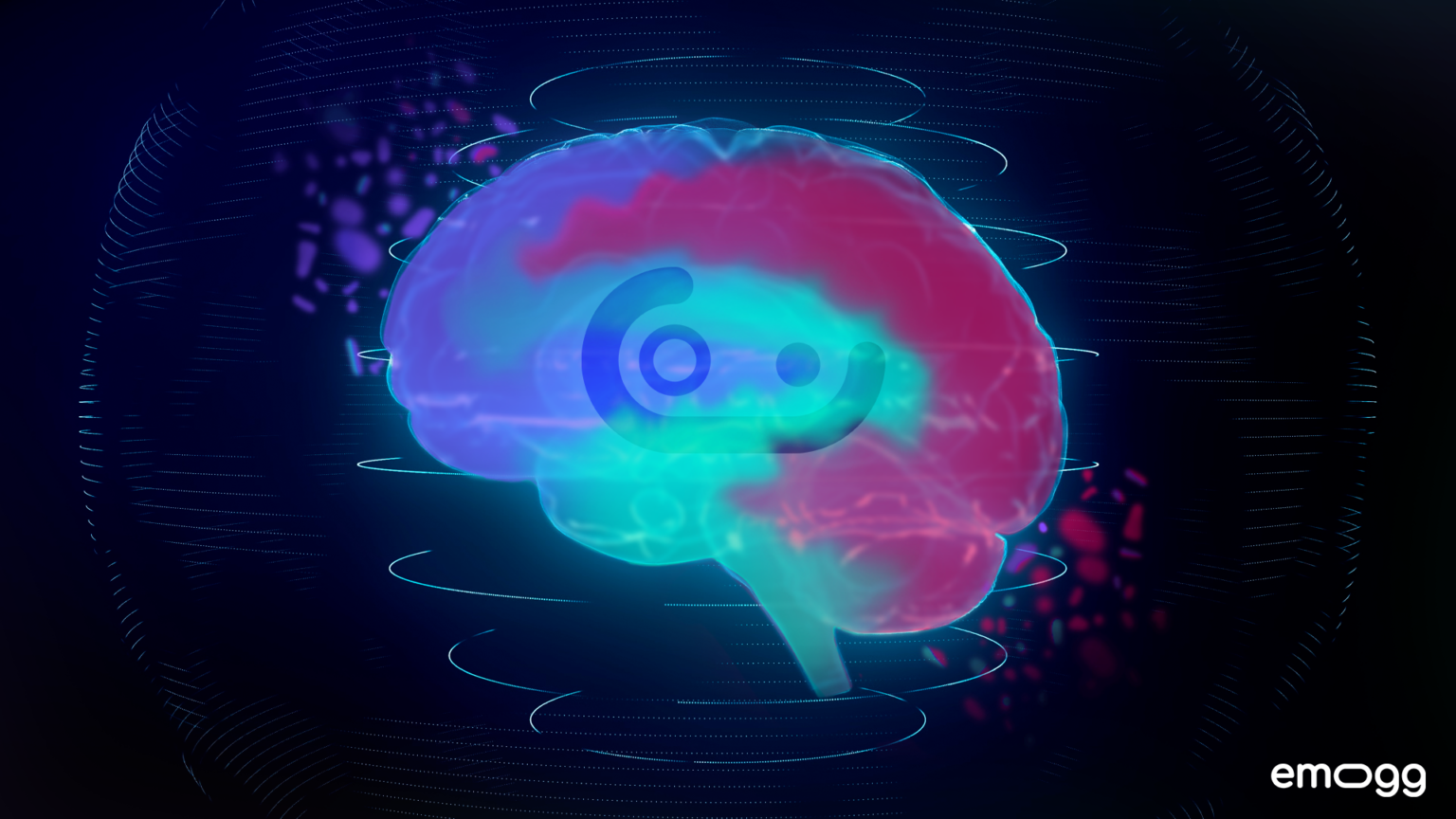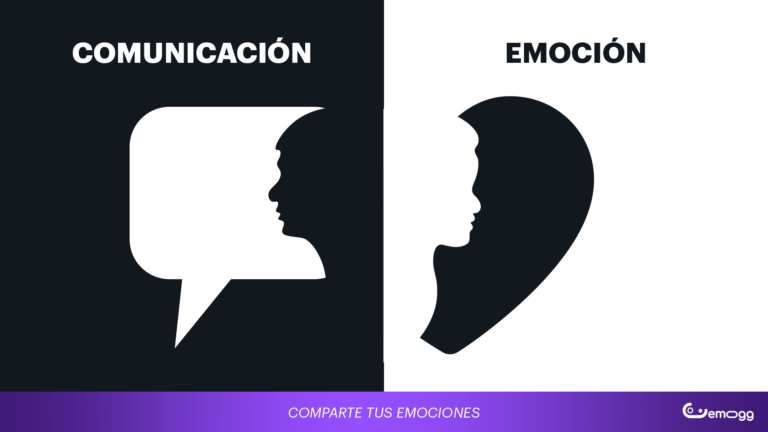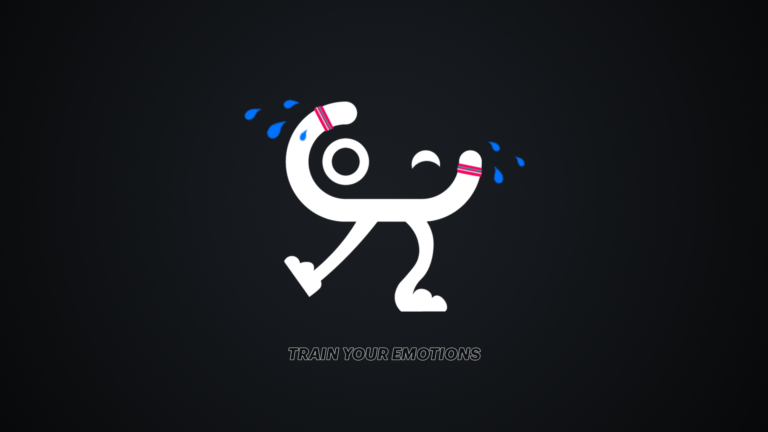Are you aware of everything you communicate? Not only to...
Our eSports Coach

Published by: Cristian Menchero
One of the factors that influence performance, both individual and collective, in e-sports are: the emotional state of the athlete and how this fluctuates during the development of the competition. Emotion is understood as the set of organic reactions that an individual experiences when they respond to certain external stimuli that allow them to adapt to a situation. Emotional state is a more generalised term that is not related to a specific incident, but to a series of events and that can last minutes, hours or even days.
Therefore, being able to maintain emotional stability, avoiding giving control to your spontaneous emotional reactions or that external stimuli outside your control and performance affect your game, channelling emotions in a positive way, is key to being able to perform at your highest level and, likewise, for the good of your overall health.
Stress and certain emotional states can have a negative impact on an athlete’s performance, satisfaction and well-being, if they are not able to manage them correctly.
Stress, we understand it as the response that our body has in relation to the environment in which we find ourselves, in other word, the reaction we have when assessing whether the resources we have are sufficient to face the different situations and challenges we have in our day to day or, in this case, when competing and performing in different situations of the game. In competitive situations, in fact, we can observe that a player can be over-activated or under-activated, so we observe that stress is not a stable variable, but moves on a continuum that goes from the minimum level of stress to the maximum. On a physiological level, it can be measured by analysing the levels of cortisol in the player, a hormone secreted by the adrenal glands with the function of preparing our organism to be alert at times when greater activation is required to face certain situations.
Likewise, according to several studies, the ideal is to maintain a medium state of arousal, although the reality is that this is something very personal and specific to each person. It depends both on the game in which you compete and your personal playing style and way of being, so you have to find your optimal level of activation, also known as positive stress or eustress, as there are players who need to be at very high levels of activation, close to peaks of stress and anxiety, in order to perform at their best level and others who need to be completely relaxed to be at their 100%.
Talking about performance, we can divide it into two sections, mental and physical, where stress can play a relevant role:
- Cognitive performance: the level of stress affects your concentration, reaction speed, the ability to make good decisions and even your hand-eye coordination, among others, which are key aspects in order to perform at an optimal level. However, stress also affects your emotional state and can cause anxiety, frustration, euphoria, which can affect your confidence or motivation.
- Physical performance: stress causes a number of effects such as increased heart rate, sweating or flushing, so being able to recognise these effects on your body can help you to anticipate and deal with stress more effectively in order to regain your optimal level of activation.
In reference to emotional state, it is understood that stress and how we react to stimuli that occur while playing and in the other contexts of our lives can lead us to experience different emotional states. Being able to have a correct self-regulation of these is key to perform both individually and collectively at an optimal level, as well as to ensure that we are not affected by this entire cognitive and competitive load on our health and mental stability. Our state of mind and how we communicate verbally, in writing and non-verbally while we play will influence our teammates and vice versa.
Thus, having strategies to regulate our emotional state so that it does not negatively influence our performance and mental health and that we can redirect the feedback from that emotional state to the correct performance of the task is paramount. For example, taking breaks when we are frustrated, doing breathing exercises, positive thinking, supporting our teammates when they make right and wrong actions or avoiding communication with teammates and opponents if they are having aggressive and negative comments.
These strategies will help us to maintain a stable emotional state, work on mental strength and be able to deal better with individual and collective mistakes and, therefore, enjoy the game more and perform better in competition, regulating the effects of certain emotions with unpleasant effects.
References
Steffen C. E. Schmidt, Jens-Peter Gnam, Maximilian Kopf, Tobias Rathgeber, Alexander Woll, “The Influence of Cortisol, Flow, and Anxiety on Performance in E-Sports: A Field Study”, BioMed Research International, vol. 2020, Article ID 9651245, 6 pages, 2020. https://doi.org/10.1155/2020/9651245
Poulus D, Coulter TJ, Trotter MG and Polman R (2020) Stress and Coping in Esports and the Influence of Mental Toughness. Front. Psychol. 11:628.
https://doi.org/10.3389/fpsyg.2020.00628
Behnke, M., Gross, J. J., & Kaczmarek, L. D. (2020). The role of emotions in esports performance. Emotion. Advance online publication.
https://doi.org/10.1037/emo0000903
Yubo Kou and Xinning Gui. 2020. Emotion Regulation in eSports Gaming: A Qualitative Study of League of Legends. Proc. ACM Hum.-Comput. Interact. 4, CSCW2, Article 158 (October 2020), 25 pages.
https://doi.org/10.1145/3415229

16/03/2021
SHARING IS CARING
Train Your Emotions
How can I train my emotions? For any learning we...
Body and Emotions
Emotions are closely associated with the body, because each one...


